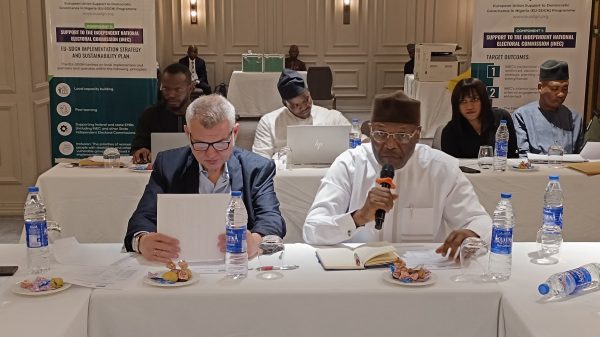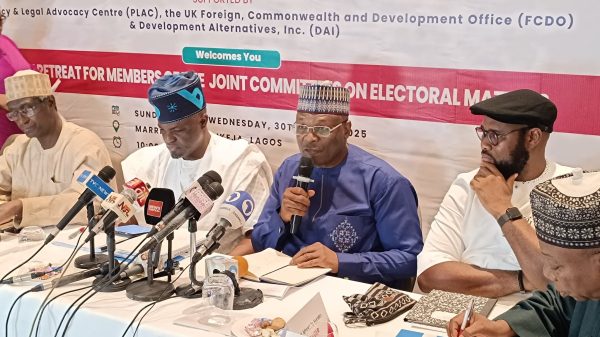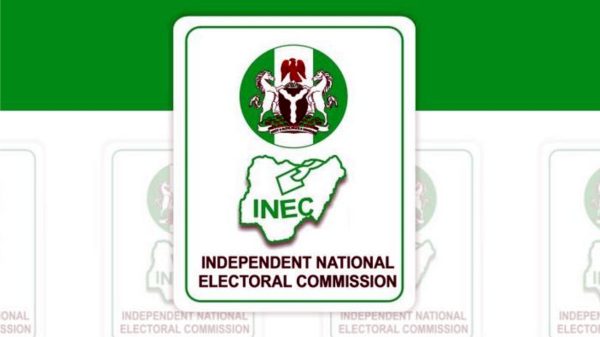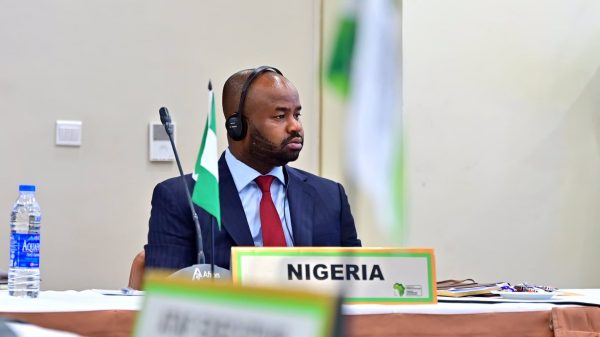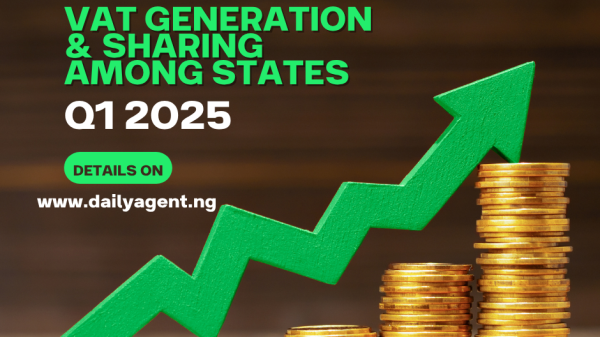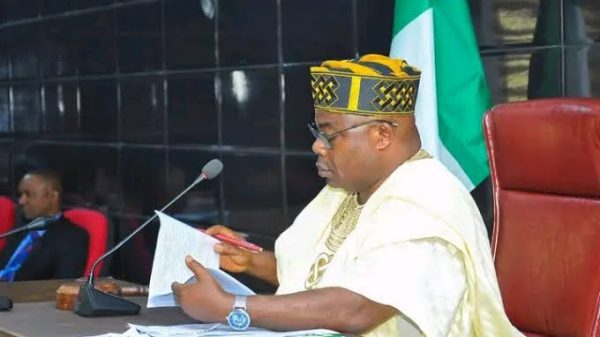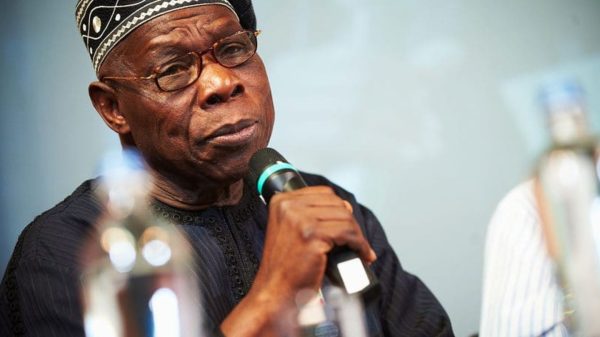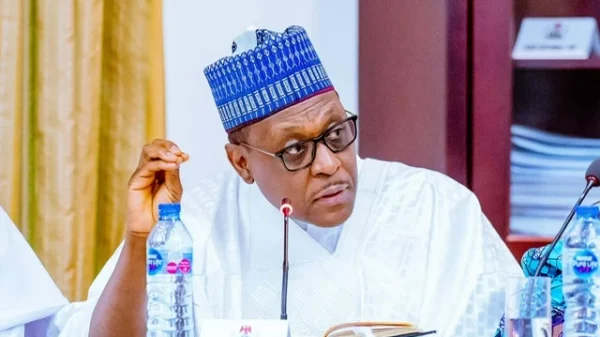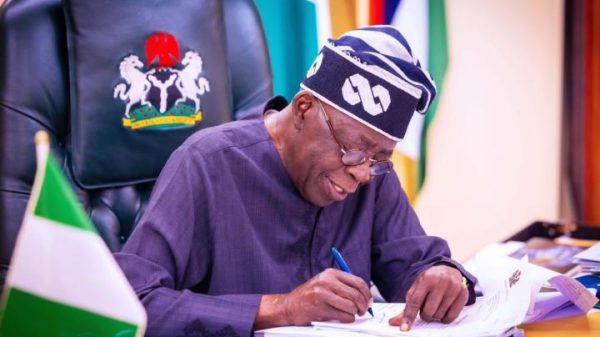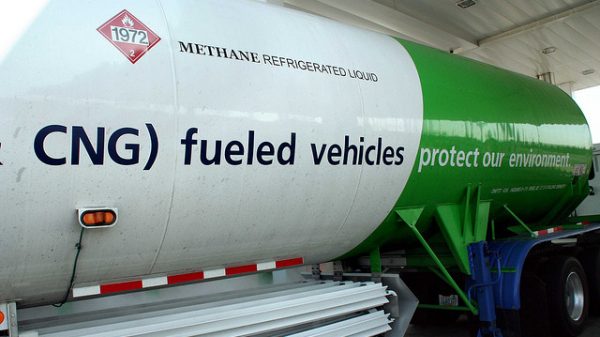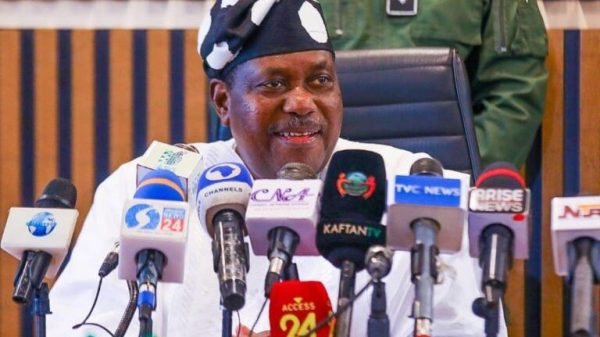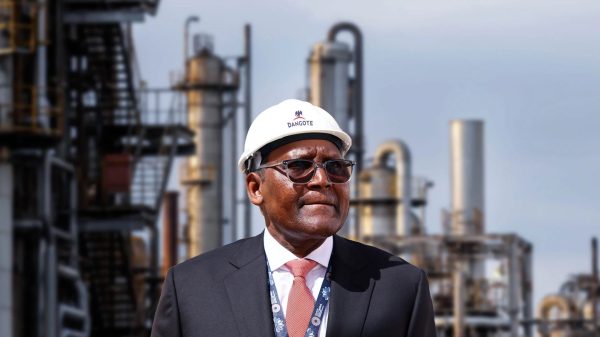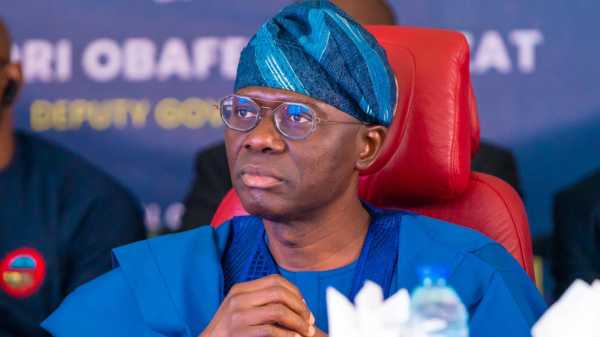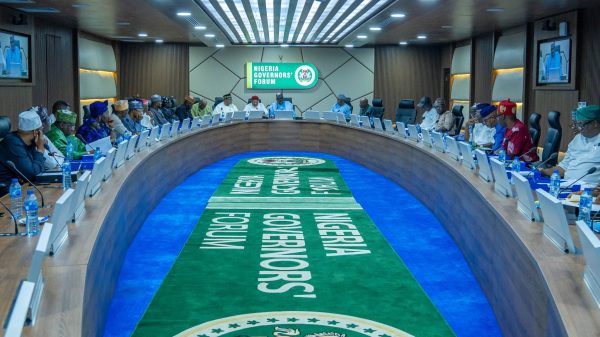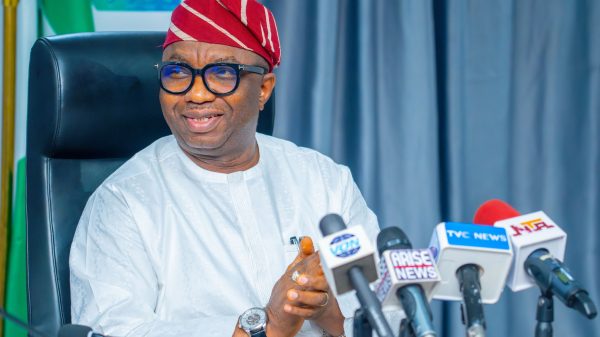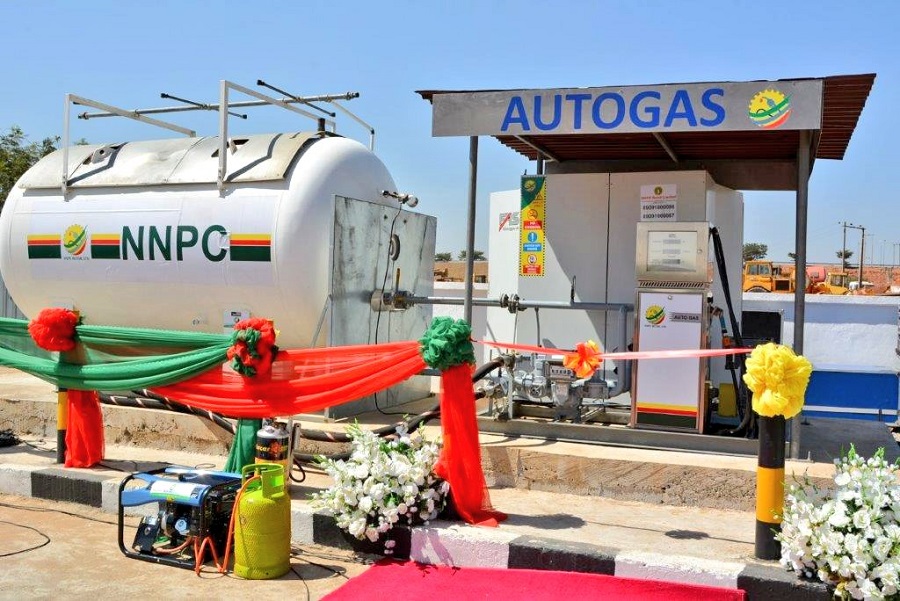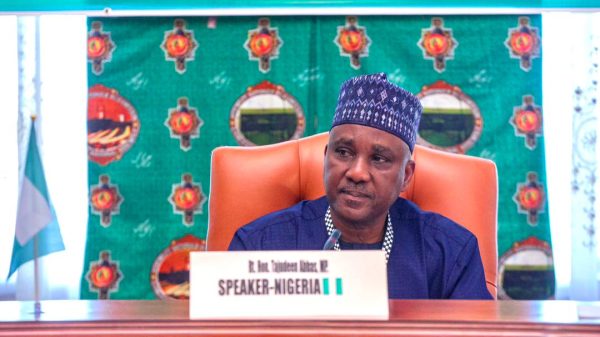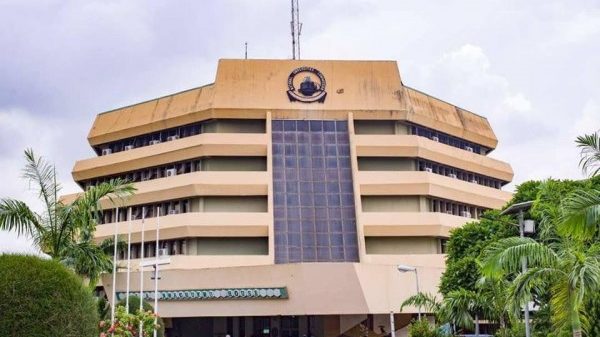On May 29, Nigeria’s 16th president, Bola Ahmed Tinubu, during his inaugural address, historically said “Subsidy is gone”.
Days later, the Central Bank of Nigeria (CBN) also announced a new foreign exchange (FX) policy in line with Tinubu’s agenda to unify FX market operations in the country. The new FX policy floats the Nigerian naira (NGN) allowing market forces to determine its value per term.
In the aftermath of the speech and the introduction of the floating FX policy, Nigerians have not remained the same as prices of petrol moved from N194 ($0.243) to N617 ($0.771). Prices of food, transport, medical bills and even school fees, to mention a few have soared in his barely two months of leadership as president and the commander-in-chief of the armed forces. Many families and even small and medium enterprises (SMEs) are finding it difficult to breadth and survive with headline inflation at 22.97 per cent and food inflation at 25.25 per cent, according to the National Bureau of Statistics (NBS) latest report.
But amid all of these negative trending economic issues, there is good news. The good news is that the high cost of petrol is now forcing citizens, corporate organisations and companies to embrace alternative and clean sources of energy.
Recall that Nigeria launched its energy transition plan (ETP) in 2022, with the ambitious focus on achieving zero carbon by 2060.
The then vice president Yemi Osinbajo said “Nigeria’s Energy Transition Plan is a home-grown, data-backed, multipronged strategy developed for the achievement of net-zero emissions in terms of the nation’s energy consumption”.
According to him, “Countries around the world are unified in achieving carbon neutrality. Nigeria is no exception and is committed to net zero emissions by 2060.
Amongst the key opportunities in Nigeria’s ETP include its potential to create about 340,000 new jobs by 2030, and 840,000 jobs by 2060.
The new wave of embracing clean energies aftermath of subsidy removal
The Nigerian Institute of Transport Technology (NITT), Zaria, is about to commence the conversion of petrol-powered vehicles to autogas. This which is a plus for energy transition is to cushion the effect of fuel subsidy removal and reduce transportation cost.
According to Daily Trust, the director general (DG) of NITT, Dr Bayero Salih-Farah, disclosed the development during a chat with newsmen and said the conversion would be carried out across its offices in the six geopolitical zones of the country.
Salih-Farah explained that the institute had built workshops across the country and is set to start the conversion from petrol to autogas for Nigerians.
The DG was optimistic that the project when fully implemented would save Nigerians 40 per cent of their energy cost.
He also said that NITT had already secured a partnership with some manufacturers of the conversion kits which would be used at its workshops to enable Nigerians to have a cheaper conversion from premium motor spirit (PMS) to autogas.
“We have sensitized relevant stakeholders across the country at different fora on the need for Nigerians to migrate from the use of PMS to gas.”
“Gas is very cheap than petrol, it is also cleaner and more convenient; Nigerians would be able to save a lot of money when they converted their vehicle from petrol to autogas.
“The cost of transport would come down drastically because the money required to refill a tank using an autogas would be 40 per cent lower than the money required filling a tank using petrol,’’ he said.
What is Autogas and is it safe?
Autogas is a true replacement for traditional carbon fuels, very economical compared to fossil fuels like petrol and diesel—especially with the completed removal of fuel subsidies by the Nigerian government. It is a clean energy source and environment friendly.
Autogas, when in use does not emit harmful particles to the climate and it reduces noise and air pollution in cities and towns.
Nigeria’s autogas policy
In 2020, the Nigerian government through the minister of state for petroleum resources, Timpre Sylva, said the federal government has set aside N250 billion towards implementing the country’s autogas policy for vehicle conversation.
Sylvia said the fund was already domiciled with the Central Bank of Nigeria (CBN) and advised Nigerians to access it.
The impact of autogas on achieving Nigeria’s’ energy transition and autogas policy
Data from the National Bureau for Statistics (2018) put the total of vehicles in Nigeria at 11.8 million. According to Trading Economics, Nigeria’s Co2 emissions increased from 120337.90 kilotons in 2020 to 127029.25 kilotons in 2021, an indication that the country needs to step down its carbon emission.
Embracing Autogas can become a great strategy and rescue from climate change and global warming. If 50 per cent of vehicle users in Nigeria transition from petrol to autogas—a possibility that is being driven by the high cost of petrol, then, the country would have succeeded in cutting down carbon emissions by a reasonable percentage.






